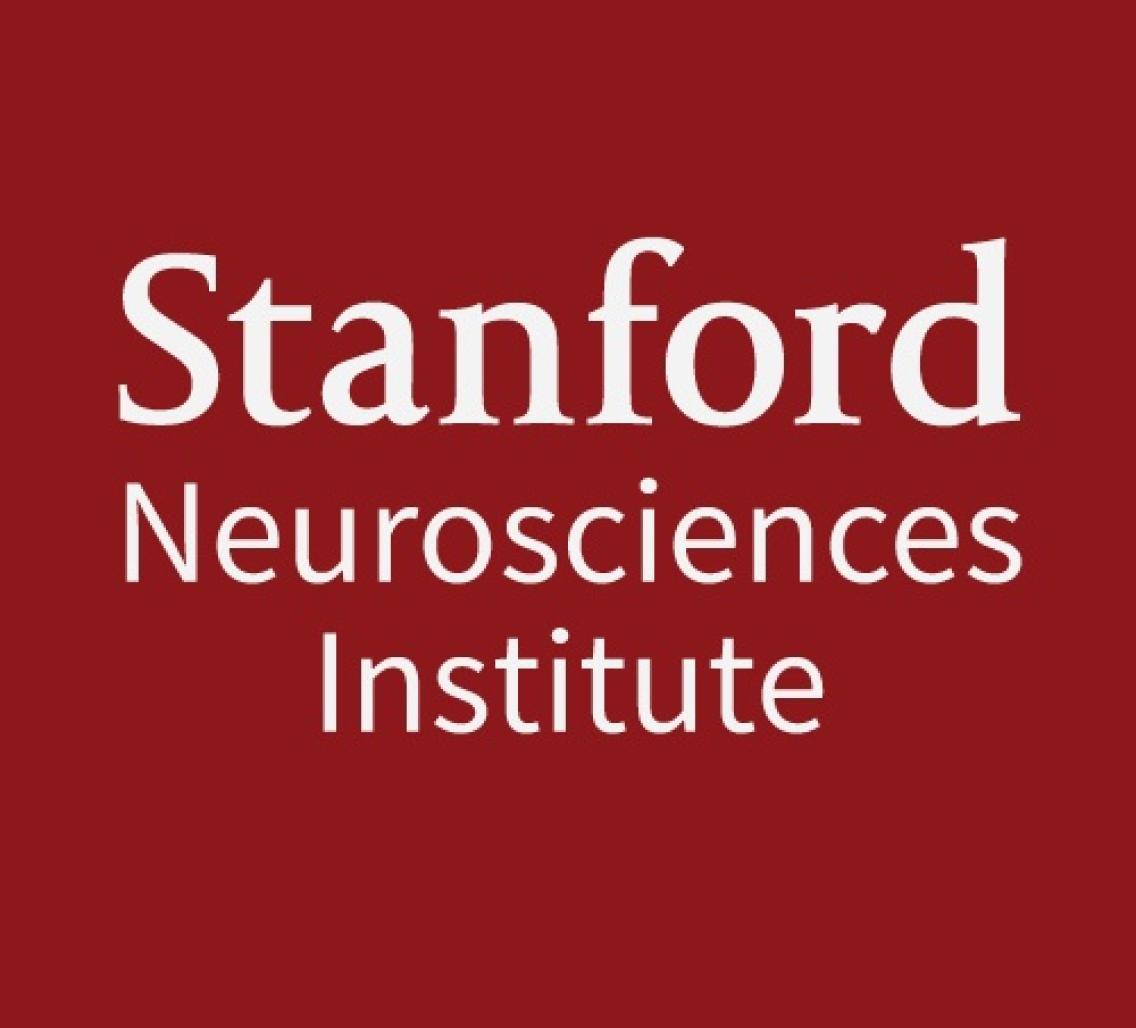Event Details:

Explorations of the large-scale architecture of the human brain
Randy Buckner, PhD
Professor of Psychology and Neuroscience, Harvard University
Host: Brett Foster (Wagner Lab)
AbstractThe human brain is triple the size of our closest cousins – the great apes. Fossil evidence suggests that this dramatic expansion has taken place over the last 3-5 million years, during a period when our ancestors acquired language, advanced tool use, and achieved complex social cooperation. Such a timeframe is likely too fast to accommodate large numbers of dramatic changes to cortical organization. For this reason, we are left with a puzzle: how did brain networks that underlie extraordinary human capabilities evolve from homologous networks in ancestral primates in such a short time frame? Dr. Buckner will provide evidence from our recent studies on the organization of the human brain that shed insight. The human brain is dominated by a non-canonical network architecture that is different from local hierarchical circuits that are preferential to sensory-motor pathways. Association cortex possesses multiple parallel, interdigitated circuits that each span parietal, temporal, prefrontal, and midline regions. Accumulating evidence suggests that these networks underlie internal modes of cognition such as when remembering, thinking about future events, and contemplating social situations. Professor Buckner will end by speculating on how the organization of these networks might arise during evolution without postulating new rules of cortical patterning beyond those shared across mammalian species.